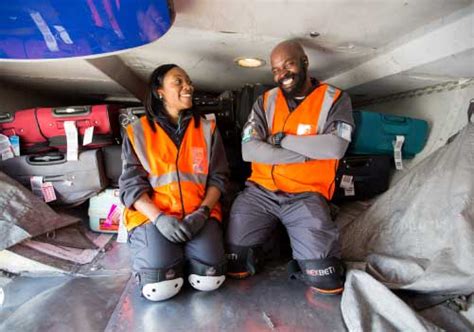The airline industry is one of the most complex and dynamic sectors in the world, with multiple stakeholders, stringent regulations, and high customer expectations. Amidst these challenges, Southwest Airlines has established itself as a leader in optimizing technical operations (Tech Ops) to ensure efficient, safe, and reliable flight operations. In this article, we will delve into five ways Southwest Airlines optimizes its Tech Ops to stay ahead of the competition.
Leveraging Data-Driven Decision Making
Southwest Airlines has implemented a data-driven approach to decision making in its Tech Ops department. By analyzing vast amounts of data from various sources, including aircraft sensors, maintenance records, and flight schedules, the airline can identify trends, detect potential issues, and make informed decisions. This approach enables Southwest to predict and prevent maintenance-related delays, reduce costs, and improve overall operational efficiency.

For instance, Southwest uses predictive analytics to forecast maintenance requirements, allowing the airline to schedule maintenance during less busy periods, reducing downtime and minimizing the impact on flight schedules.
Implementing a Collaborative Maintenance Planning Process
Southwest Airlines has developed a collaborative maintenance planning process that brings together various stakeholders, including maintenance technicians, engineers, and flight operations teams. This process ensures that all parties are aligned and working towards a common goal: to ensure safe, efficient, and reliable flight operations.

By working together, these teams can identify potential issues, share knowledge, and develop effective maintenance plans that minimize downtime and reduce costs.
Investing in Advanced Technologies
Southwest Airlines has invested heavily in advanced technologies, including automation, artificial intelligence, and the Internet of Things (IoT), to optimize its Tech Ops department. These technologies enable the airline to streamline maintenance processes, improve efficiency, and reduce costs.

For example, Southwest uses automated systems to track and manage maintenance records, reducing the risk of human error and improving compliance with regulatory requirements.
Fostering a Culture of Continuous Improvement
Southwest Airlines has fostered a culture of continuous improvement within its Tech Ops department, encouraging employees to identify areas for improvement and develop innovative solutions. This approach enables the airline to stay ahead of the competition and adapt to changing market conditions.

By empowering employees to take ownership of improvement initiatives, Southwest can tap into the collective knowledge and expertise of its workforce, driving innovation and excellence in Tech Ops.
Developing Strategic Partnerships
Southwest Airlines has developed strategic partnerships with key suppliers and industry partners to optimize its Tech Ops department. These partnerships enable the airline to access expertise, resources, and innovative solutions that might not be available internally.

For example, Southwest has partnered with leading maintenance, repair, and overhaul (MRO) providers to access specialized expertise and reduce maintenance costs.
Gallery of Tech Ops Optimization Strategies






Frequently Asked Questions
What is Tech Ops optimization?
+Tech Ops optimization refers to the process of improving the efficiency, effectiveness, and reliability of technical operations within an organization.
Why is data-driven decision making important in Tech Ops?
+Data-driven decision making is important in Tech Ops because it enables organizations to make informed decisions based on accurate and reliable data, reducing the risk of human error and improving operational efficiency.
What are the benefits of strategic partnerships in Tech Ops?
+The benefits of strategic partnerships in Tech Ops include access to expertise, resources, and innovative solutions, enabling organizations to improve operational efficiency, reduce costs, and enhance competitiveness.
In conclusion, Southwest Airlines' commitment to optimizing its Tech Ops department has enabled the airline to improve operational efficiency, reduce costs, and enhance competitiveness. By leveraging data-driven decision making, implementing collaborative maintenance planning, investing in advanced technologies, fostering a culture of continuous improvement, and developing strategic partnerships, Southwest Airlines has established itself as a leader in the industry. As the airline industry continues to evolve, it is likely that these strategies will become increasingly important for airlines seeking to optimize their Tech Ops departments and stay ahead of the competition.
